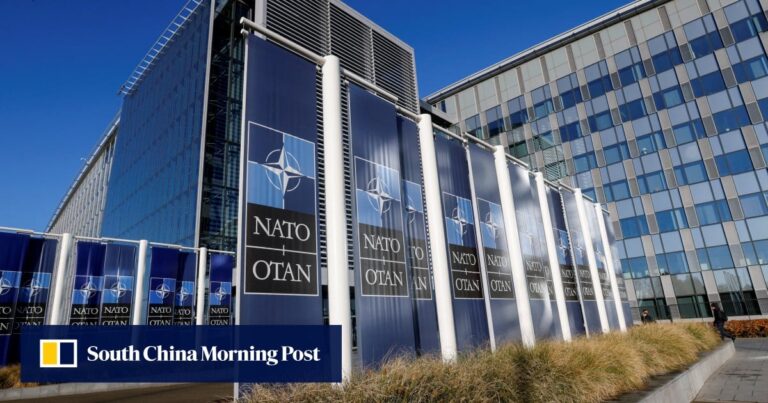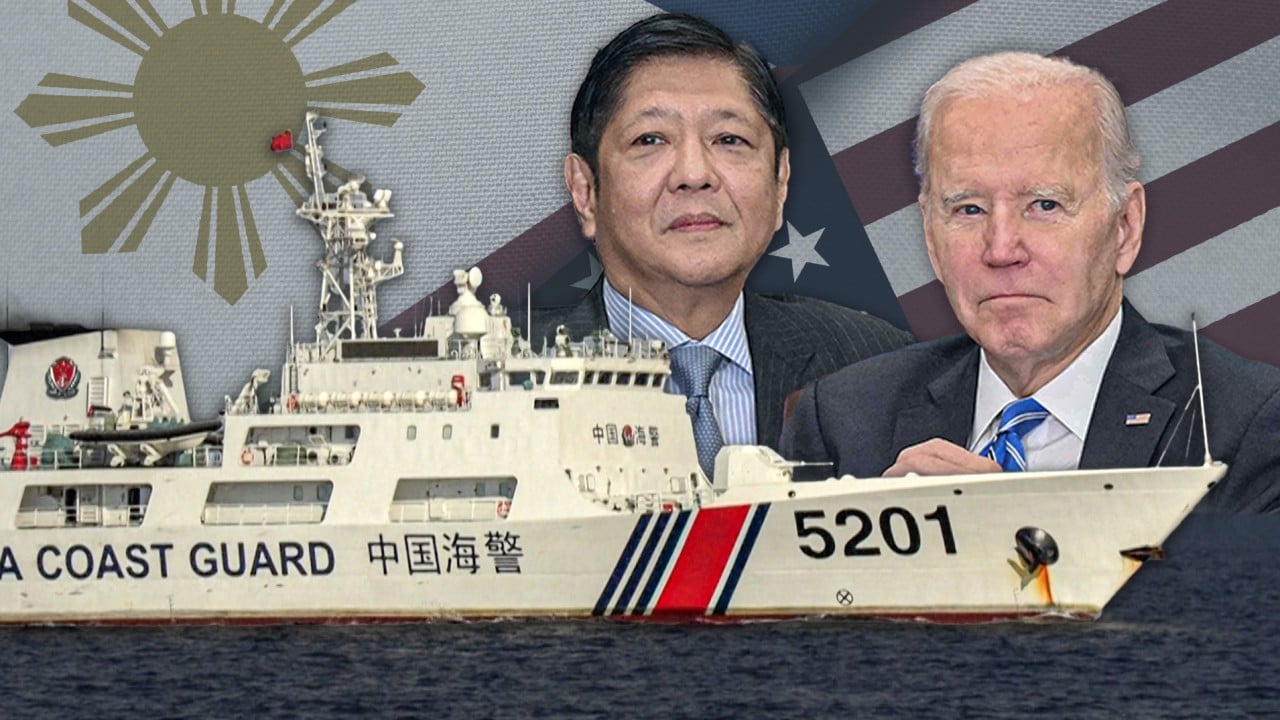Analyst Collin Koh believes the idea of a NATO-like Asian security alliance is a propaganda ploy.
“This is nothing more than a Chinese political ploy to shape public opinion about the U.S. network of alliances and partnerships and its role in maintaining regional peace and stability,” said Koh, a senior fellow at the Institute of Defence and Strategic Studies at the S. Rajaratnam School of International Studies in Singapore.
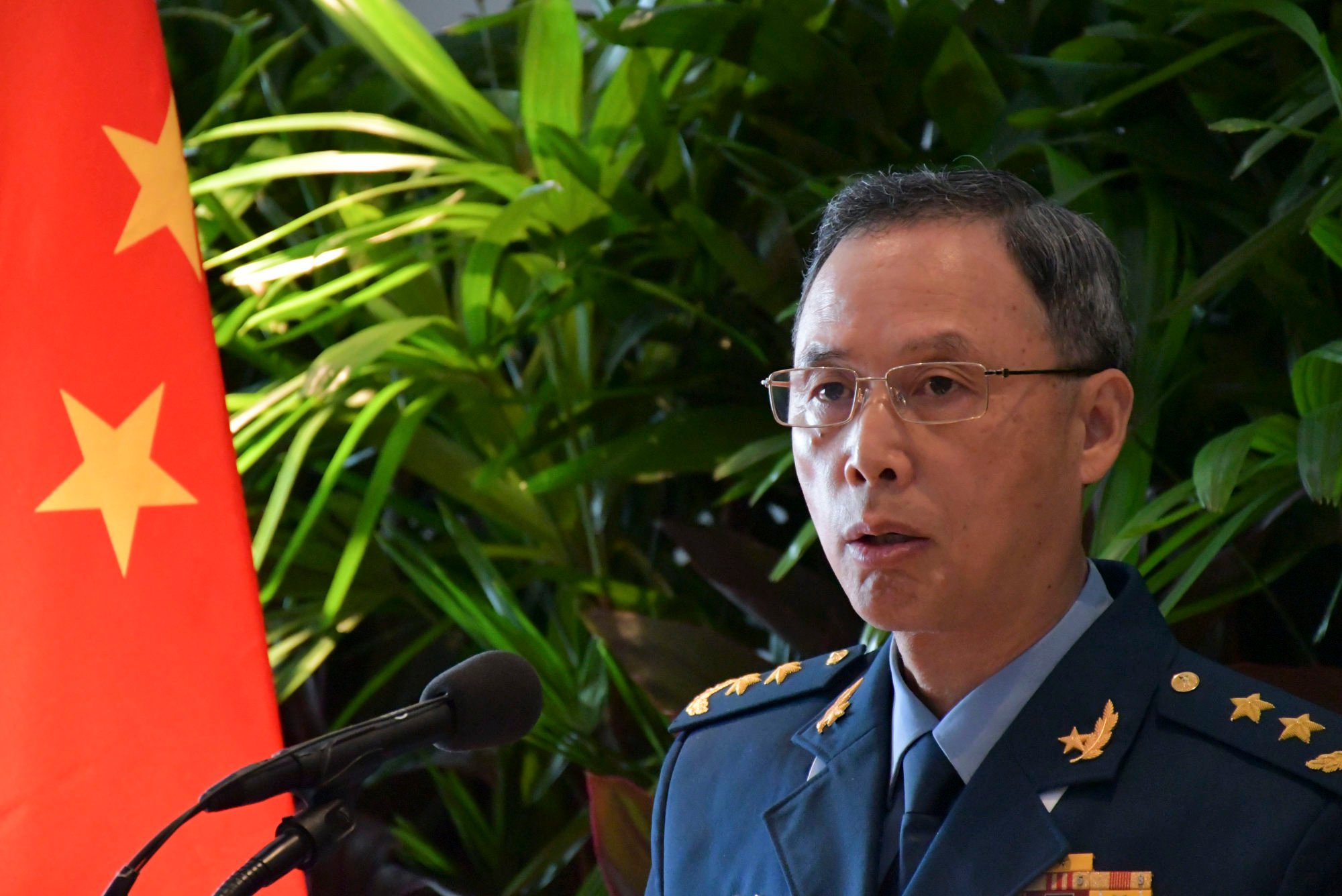
Ray Powell, a former U.S. Air Force colonel and director of Sealight, a Stanford University-based project that aims to track maritime “gray zone” activity, called China’s accusations of NATO an “exaggeration.”
Powell likened the U.S.’ strategic relationship with the Asia-Pacific region to a wheel, with the U.S. as the hub and spokes connecting various allies.
Beijing claims the system will eventually transform into a super-alliance to “uphold US-led hegemony in the region.”
US Army Lieutenant General Steven Skulena said he would “sleep better at night” if there was an Asian version of NATO, but in an article published in the Sydney Morning Herald on Monday, June 10, he said “that’s not happening.”
Powell said Asian countries with ties to the US were building their own relationships “out of necessity” as China continues to aggress in the region, but that such networks were a long way from being like NATO.
Koh said an Asian NATO would require member states to have “high levels of interoperability and even commonality, including common tactics, technology and procedures as well as joint defence procurement”.
But countries like Japan and South Korea, despite being treaty allies of the United States, were not allies of each other, Koh said, because South Korea harbored “enduring reservations” against any direct intervention by Japanese troops on the Korean peninsula.
“I’m not sure that Beijing really believes that an Asian NATO will be formed in the same way that the original transatlantic NATO was,” Koh said. “The hurdles are so high that I find it hard to imagine such a multilateral alliance ever being formed.”
According to Ricardo Jose, a history professor at the University of the Philippines, “the Siti was a total failure because most of its members were colonial powers.”
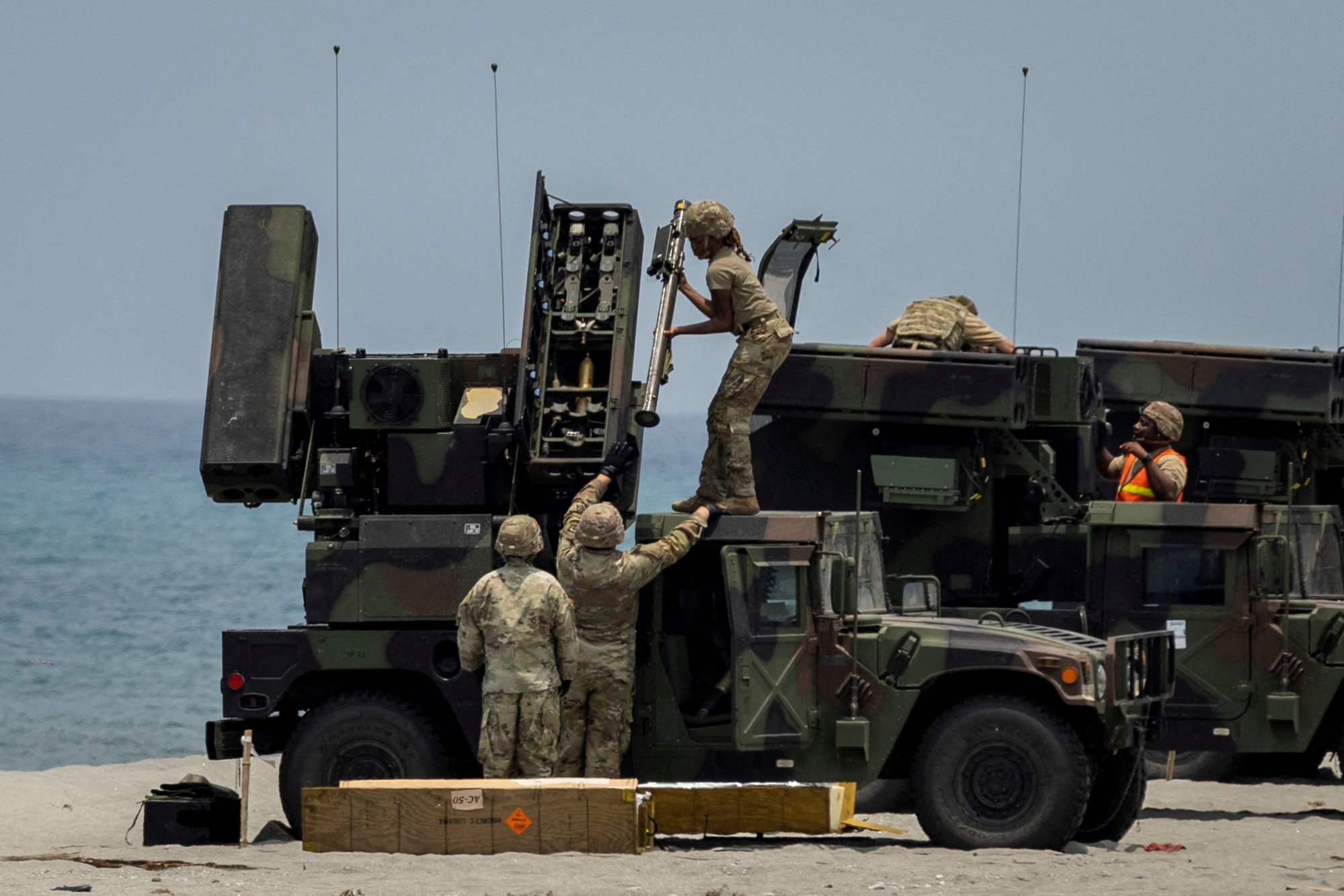
According to Jose, SEATO’s defense policy also differs significantly from NATO’s: NATO member states are obligated to assist an ally under attack, while SEATO member states only have to follow their own constitutional procedures before deciding whether to take action.
The SEATO member states did not commit to establishing a joint command or standing military force, and the alliance was formally dissolved in 1977.
Analysts say the same problems that have hampered NATO would similarly affect efforts to create an Asian version of NATO, given the widely differing interests and lack of common ground among the candidate nations.
“Even if the US wanted to form NATO here, I don’t think it would happen,” Ong, the retired Navy admiral, told This Week in Asia. “Asia is made up of diverse cultures and religious ties.”
Koh agreed: “I don’t think countries in the region want to form an Asian NATO, and I don’t think Washington and its allies are seriously considering the idea either,” he said.
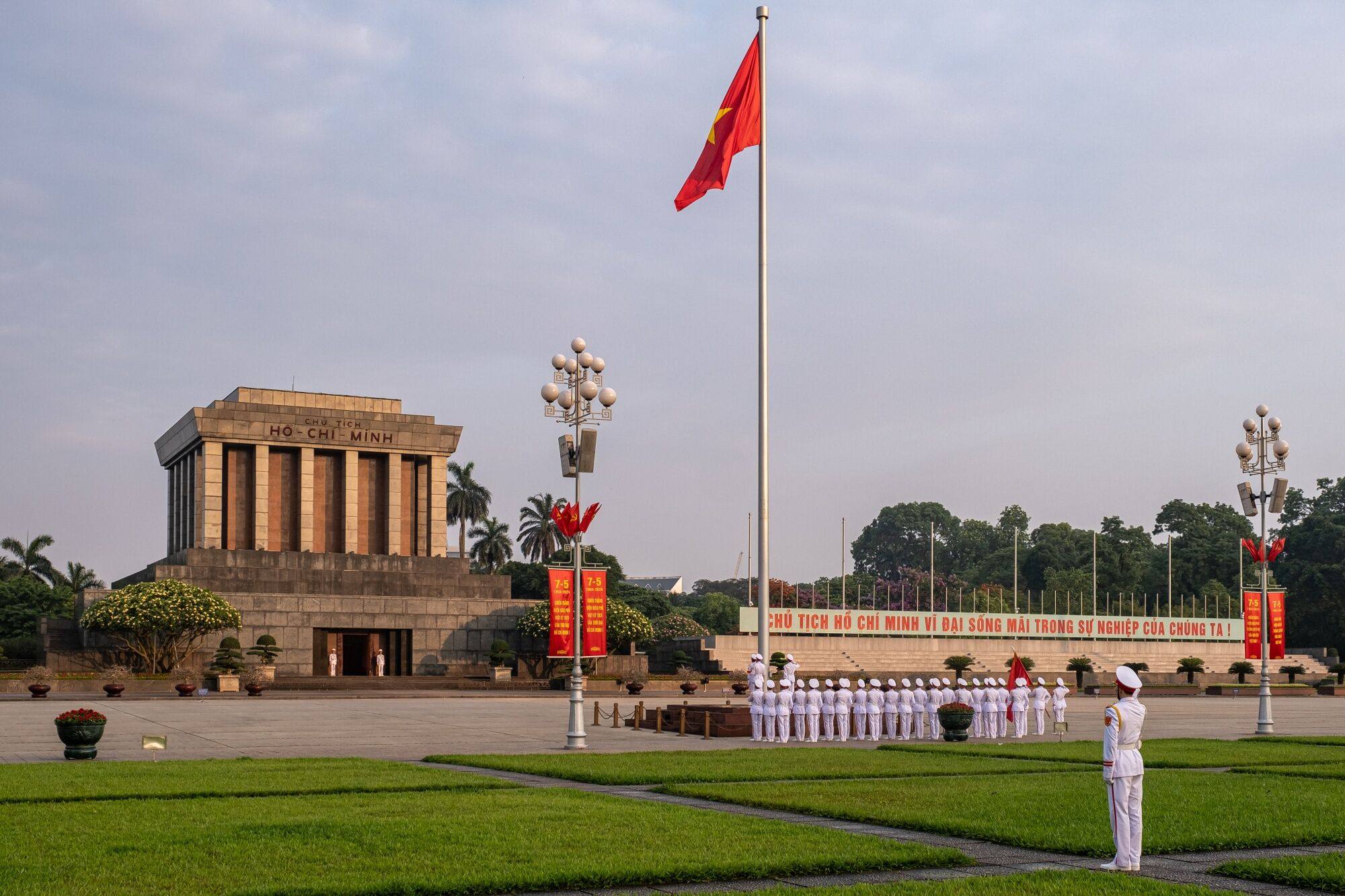
Koh questioned why regional countries would choose an organisation like NATO if maintaining current forms of alliances and partnerships would be “more flexible”.
“Why would they want to lock themselves in, given that being an ally comes with corresponding responsibilities and obligations, and that there needs to be burden-sharing and division of labor, all of which requires huge political and resource commitments,” he said.
He said some regional governments may not want to be seen as “part of an anti-China containment drive” and would likely see the current partnership network, which could be expanded to include more smaller countries, as “a prudent way forward.”
The Philippines has already taken steps in this direction, recently signing a new logistics support agreement with New Zealand and a military access pact with Japan on the horizon. Describing the Philippines as an “outsider within ASEAN,” Ong said the country, which has been a vocal opponent of Chinese actions in the South China Sea in contrast to ASEAN’s more cautious stance, likely feels the need to build more alliances.
But these efforts are a long way from the NATO-style regional agreement Beijing envisions.
“Beijing has essentially overstated this Asian NATO narrative and is making misleading statements while embarking on a firmer, and in many ways more aggressive and coercive, approach in dealing with regional disputes such as the South China Sea,” Ko said.

